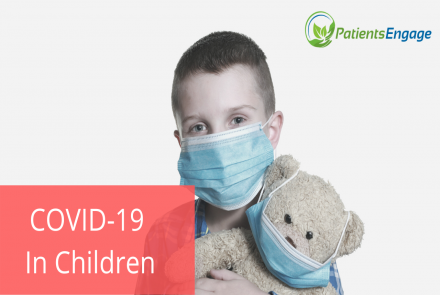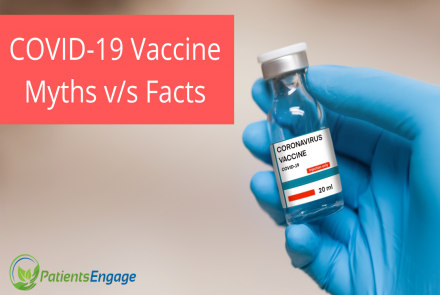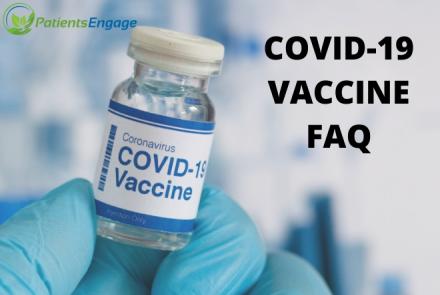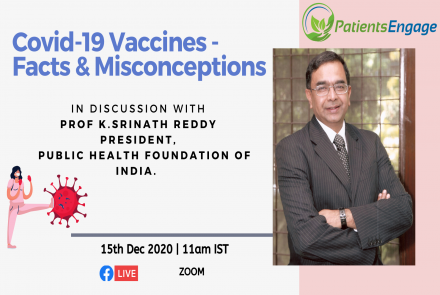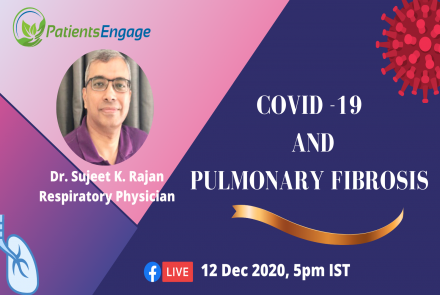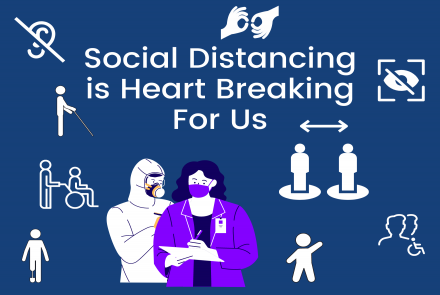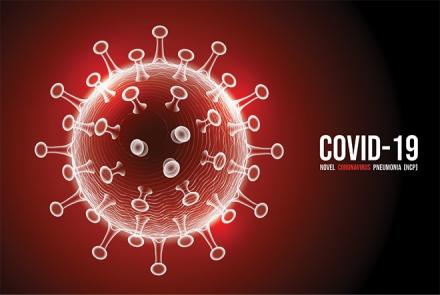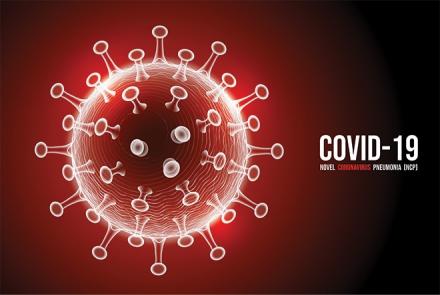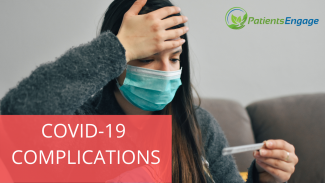
While most people have a mild case of Covid and recover reasonably quickly, some people are reporting complications like mucormycosis, hyperglycemia. low BP. Dr Swati Jha, lists down some of the common complications that Covid-19 patients are seeing during and after COVID-19. This is the first of the two-part series.
Hyperglycemia
A large percentage of hospitalized Covid patients (50% from one study) were found to have hyperglycemia (high blood sugar levels) on admission. This is termed acute hyperglycemia as the patient may or may not have a history of diabetes or hyperglycemia. One study showed that the hyperglycemia at the time of admission seemed to worsen the prognosis of Covid in patients who did not have diabetes compared to whose who had diabetes. This is because acute surge in blood sugar levels leads to inflammation, damage of the endothelial tissues, thrombosis and oxidative stress. In diabetics, their bodies are accustomed to having chronic hyperglycemia, and hence there is no sudden change in the metabolic state. As per this study, acute hyperglycemia emerges as an independent risk factor for prognosis of Covid-19.
Since the pandemic started, we are aware that people with diabetes are at a greater risk. However, it is important to note that diabetics are not just at a greater risk of catching the infection but also getting fatal complications once they have got Covid. The common diabetic complications are Diabetic Ketoacidosis (DKA) and Hyperosmolar hypergylcemia syndrome (HHS). In DKA there is hyperglycemia along with acidosis, whereas in HHS, there is severe hypergylcemia with no acidosis. Treatment for both include insulin (to decrease the blood sugar levels) and fluids (to treat the dehydration).
We know now that reduced insulin secretion and insulin resistance are brought about by the disease. The virus binds to ACE-2 receptors and enters endocrine cells, causing disruption in insulin secretion and production. This is worsened by the use of steroid drugs to treat Covid.
People who have pre-diabetes or who are at a risk of diabetes should get their blood glucose levels checked and take precautionary measures under the advice of their doctor to prevent hyperglycemia.
A paper in Nature has researched that Covid may infect be also causing the onset of new diabetes in certain people. This occurs because the virus attacks the Beta cells of the pancreas, hampering insulin production. When glucose is not available the body turns to ketones for energy which can lead to a fatal condition called Diabetic Ketoacidosis (DKA). It appears that there is a little under 5% incidence of new diabetes in patients recovering from Covid.
Hyponatremia
Although there is no clarity on the link between Covid and electrolytes, systemic hyponatremia is a commonly seen complication. The loss of electrolytes in patients may be due to many factors. The patient may decline due to dehydration. Vomiting, diarrhea and fever (sweating), all which are symptoms of Covid also cause loss of electrolytes from the body.
While fluid replacement may seem to be the soltuion, doctors have to be vary of fluid accumulation in lungs which may lead to pulmonary edema (water in lungs). It will resolve with disease resolution and for hospitalised patients is treated with (based on the cause) with calculated fluid restriction and replacement.
Low BP
Some patients with existing Hypertension are seen to experience a sharp drop in their blood pressures during Covid. Their medications may need to be adjusted accordingly by their doctor to prevent kidney damage. Lack of sufficient hydration may also cause decrease in blood pressure.
Hypertensives on medication should monitor their BP regularly through the day and need to continue their medication unless advised by their treating doctor.
Mucormycosis
Pre-existing conditions like Diabetes mellitus, and chronic obstructive pulmonary disease can put a person at risk for fungal infections. Immunocompromised status induced by Covid and its treatment e.g. corticosteroid therapy, monoclonal antibodies, and broad-spectrum antibiotics for the management of COVID-19 illness, ventilation, intensive care unit stay are all factors that can increase the chances of new-onset fungal infection or exacerbate a preexisting one.
Symptoms such as nose obstruction/sinus congestion, headaches, swelling in the eye or cheeks, and black dry crusts in the nose should immediately prompt the patient to consult his doctor so that correct investigations and treatment can be initiated.
All physicians including ophthalmologists should be alerted in the times ahead, as there may be increased probability of development of fungal infections such as mucormycosis in patients and survivors with COVID-19 illness, especially patients with comorbidities and those that were treated with immunosuppressive agents like steroids.
MIS-C: Multisystem inflammatory syndrome in children (MIS-C)
This is the name given to a group of signs and symptoms which may occur in children who were Covid positive or negative with a history/at high risk of exposure. The incidence is 2 out of 100,000 children.
Presentation: MIS-C can present as acute gastroenteritis (vomiting/diarrhea), stomach pain, skin rash , abnormal breathing or fast heartbeat, lymphadenopathy (lymph node swelling or pain), sudden onset weakness, headache, dizziness, lightheadedness, discoloration of skin lips/ nails. A Covid positive child who was doing fine suddenly becomes disoriented and unable to wake up may be developing MIS-C.
A child with any of these conditions needs medical support and hospitalisation.
Management : Identification, hospitalization and treatment in time take care of most of the cases.
Treatment is hospitalization, with steroids , i/v immunoglobulins and antimicrobials.
References
- Khan A A, Ata F, Munir W, et al. Fluid Replacement Versus Fluid Restriction in COVID-19 Associated Hyponatremia. Cureus 12(7): e9059. July 08, 2020. doi:10.7759/cureus.9059
- Ceriello A. Hyperglycemia and COVID-19: What was known and what is really new?. Diabetes Res Clin Pract. 2020;167:108383. doi:10.1016/j.diabres.2020.108383
- Manunta P. Blood pressure deregulation and renal function are main determinants of COVID-19 mortality. Presented at: Hypertension 2020. September 10, 2020. BMJ 2020;370:m3026
- Mehta S, Pandey A. Rhino-orbital mucormycosis associated with COVID-19 Cureus. 2020;12:e10726
- Sarkar, Sandip; Gokhale, Tanmay; Choudhury, Sushmita Sana1; Deb, Amit Kumar COVID-19 and orbital mucormycosis, Indian Journal of Ophthalmology: April 2021 - Volume 69 - Issue 4 - p 1002-1004 doi: 10.4103/ijo.IJO_3763_20
- https://www.nhlbi.nih.gov/news/2021/longitudinal-study-follows-multisys…

Dr Swati Jha, MD, MPH, Public Health Director at Reliance Foundation

